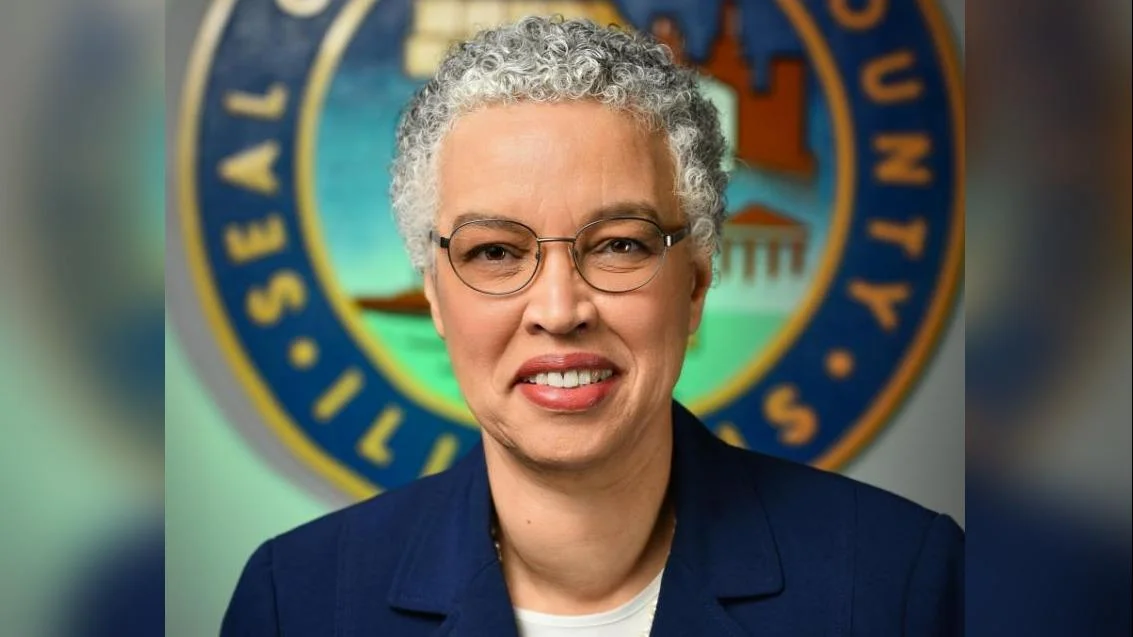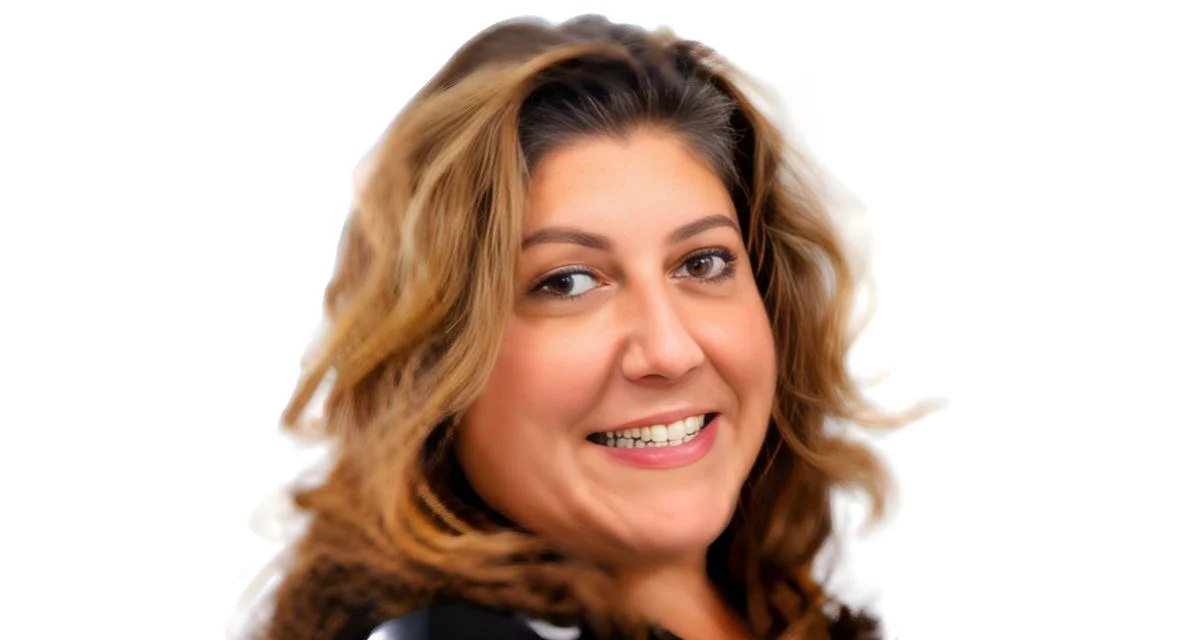The banning of books has reached unprecedented levels, with the American Library Association’s Office for Intellectual Freedom reporting over 4,000 unique titles challenged in public libraries and schools last year. These efforts are largely driven by conservative groups aiming to restrict access to materials they consider unsuitable for children.
In response, General Synod 35, taking place this summer in Kansas City, is organizing the Banned Books Service Project. This initiative will help churches in the Kansas-Oklahoma and Missouri Mid-South Conferences establish their own banned book libraries. Rachael Ward, minister for Gender and Sexuality Justice, described it as "a new thing" that addresses current issues.
Attendees of General Synod 35 are encouraged to bring or send books to be included in the project. During the event, participants can assist in sorting these books before they are distributed to local churches. Rev. Lorraine Ceniceros of the Kansas-Oklahoma Conference emphasized that “getting banned books out is God’s work,” highlighting its empowering potential against governmental restrictions.
Post-synod resources will support churches in continuing this effort within their communities. Rev. Mary Nelson from the Missouri Mid-South Conference noted that this project allows a broad yet specific impact on book banning concerns.
Ward criticized current administrative actions as attempts to eliminate diversity and control societal norms through censorship: “Our books and our stories are one of the most liberative frames we have.”
Dr. Sharon Fennema of UCC National Setting underscored how reading banned books fosters unity against authoritarian tactics: “There is no better time to be reading banned books to fuel our gospel-rooted resistance.”
The reasons cited for book bans include sexual content, substance abuse themes, LGBTQIA+ content, and age appropriateness. Often targeted are works by authors of color and those addressing sensitive topics like racism and gender identity.
“This should alarm you,” Ward stated about the situation's urgency within UCC communities. Fennema added that collecting banned books exemplifies love for diverse narratives: “Collecting and donating banned books...is an act of deep love.”
A webinar on June 23 will provide more information on supporting this initiative and building personal libraries of banned books. Registration details for General Synod 35 can be found online.
Content on ucc.org is copyrighted by the National Setting of the United Church of Christ.
 Alerts Sign-up
Alerts Sign-up





